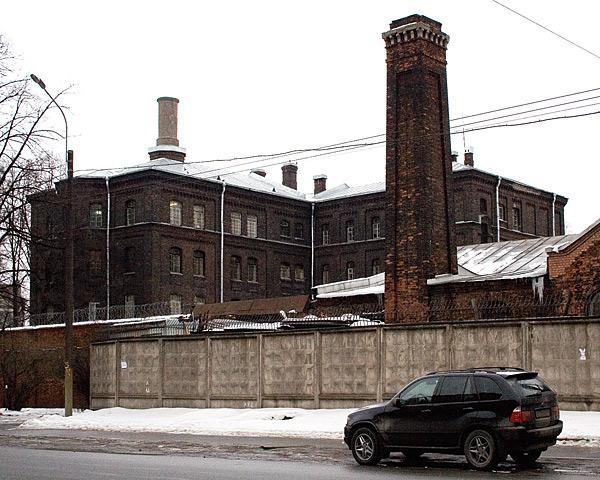For first time Russia admits overcrowding and injustice in psychiatric hospital
After six years of litigation at the European Court of Human Rights in Strasbourg, the Russian Government has admitted violations of MDAC client Rafael Usmanov’s rights. He was detained in an overcrowded secure psychiatric hosptial and denied any opportunity of having his detention reviewed. It is the first psychiatric overcrowding case in the Court’s history.
|
|
In 2002 Mr Usmanov was 46 and was charged with insulting a government official, but was not held criminally responsible due to his mental health issues. The judge ordered him to be detained in a psychiatric hospital indefinitely, and that November he was sent to a high security psychiatric facility in Saint Petersburg. There, he had to share a cell with sixteen other people, each of whom occupied less than 2.5 square metres of living space. Even European prison rules specify that each inmate must have four square metres of living space.
Eight years later, in December 2010, the hospital asked the court to extend Mr Usmanov’s compulsory treatment, telling the court that he could not participate in the hearing, without explaining why. On the same day Mr Usmanov complained that his antipsychotic medication was increased, a measure he suspected was aimed at preventing his participation in the court proceedings. The court agreed with the hospital and held a hearing without Mr Usmanov, extending his detention and forced treatment by six months. An appeal was unsuccessful, so Russian lawyer and MDAC consultant Dmitri Bartenev helped Mr Usmanov lodge a case before the European Court of Human Rights.
Today, the European Court of Human Rights accepted all the violations acknowledged by the Russian government, including inhuman and degrading treatment as a result of overcrowding and the lack of effective remedy to challenge these conditions (Articles 3 and 13 of the ECHR). It also accepted the Russian government's admission that there had been a failure to properly review the lawfulness of his detention (Article 5). It offered 20,000 Euro compensation to Mr Usmanov, which he accepted. The European Court affirmed this package.
Dmitri Bartenev, MDAC Lawyer in Russia, said:
“The European Court of Human Rights has criticised overcrowding in Russian prisons several times, but this is the first case where it has dealt with overcrowding in a psychiatric hospital. We call on the Russian government to amend Article 445(5) of the Russian Criminal Procedure Code which allows judges to decide on involuntary treatment and detention without the presence of the person concerned. This are 32,500 cases of this type in Russia each year. Far from being exceptional, the Russian courts regularly hold hearings without the involvement of the person concerned.”


